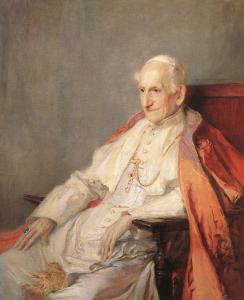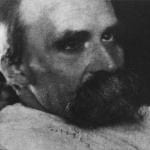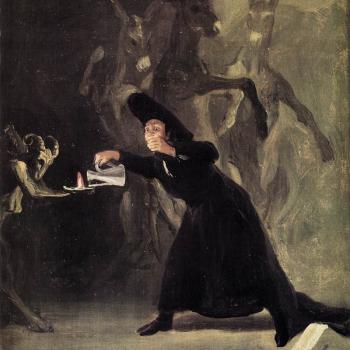
America Magazine is reporting a victory for religious liberty. In essence, an appeals court ruled that religious universities must be left alone; coercion by the state is not allowed, since schools do not receive various federal grants. This is supposed to be a “live and let live” situation, giving religious colleges an opportunity to govern themselves in ways consistent with their traditions:
The corollary to this arrangement (no public support) is that the government will leave private institutions alone in matters touching on faith (no regulation). The separation of church and state is above all a rule for keeping the state out of the church’s business. The government should be especially careful about meddling in relations between religious schools and their teachers. The Supreme Court has held that the federal Equal Employment Opportunity Commission cannot invoke employment discrimination laws to protect teachers in religious schools from being fired. And in 1979 it ruled that the N.L.R.B. cannot order collective bargaining in Catholic high schools.
The lower federal courts have applied this principle to collective bargaining in higher education as well. They have worried, rightly, that letting the N.L.R.B. supervise contract negotiations between universities and their faculties will entangle the government in the study, teaching and practice of religion. Justice Breyer put it bluntly when he sat on the First Circuit: “Congress did not contemplate that the Board would require church-operated schools to grant recognition to unions as bargaining agents for their teachers.” (America Magazine)
In practice, this has mostly involved what’s mentioned at the end there: labor relations. The piece goes on to highlight this fact:
For 40 years the Labor Board has paid little heed to these directions. In recent years it has been particularly insistent on charting its own course. For example, in 2014 it ordered a union election at Pacific Lutheran University for faculty not on the tenure track. In 2017, it claimed jurisdiction over adjunct faculty at Duquesne University. Unless they taught in the Theology Department, the N.L.R.B. held, they did not perform a sufficiently important role in maintaining Duquesne’s religious educational environment.
The N.L.R.B. (i.e., the government) imagines that it can carve the universe of higher education neatly into secular and religious parts. If it had its way, it would claim authority to oversee course loads, the manner of teaching, the teachers’ obligation to counsel students, and other terms and conditions of employment for all faculty, excepting only those specifically charged with “propagating religious tenets, or engaging in religious indoctrination or religious training.” (America Magazine)
This, the author says, is nonsensical. How can you teach literature at a Catholic school without bringing in theology? What about history? And psychology? On this point, the piece is not wrong. A Catholic university worth its salt embraces the tradition in educating its students; religion should imbue all parts of such a college’s curriculum. It makes no sense to limit faith merely to religious studies or theology. The court, in the author at America’s view, recognized this and left Catholic schools to their own devices.
Except that it didn’t. Ironically, the court’s decision has made it possible—even economically advantageous—for Catholic universities to sin. The articles goes on about unionization efforts because that is, in practice, what is most likely to be affected by the ruling. In late 2018, graduate students and non-tenure track faculty at Marquette fought to unionize. Early this year such a union was struck down at Duquesne. In 2017, St. Louis University accepted an adjunct labor body at the bargaining table. I myself have participated in efforts to unionize with my fellow graduate students at Princeton; I have supported friends trying to do the same at Columbia.













